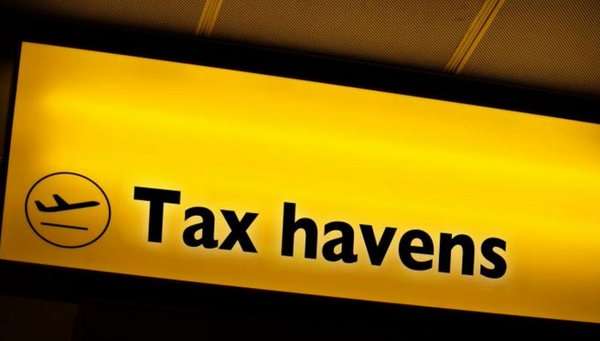EU creates blacklists tax havens, Switzerland in the grey list

The EU has named and shamed 17 states in publishing the bloc’s first ever tax haven blacklist and put a further 47 states on notice, including four British overseas territories and crown dependencies. The decision was made at a meeting of finance ministers in Brussels as EU authorities move to counter tax avoidance and evasion – having urged dozens of nations to make greater commitments to transparency over the past year.
The EU has struggled for over a year to finalise the blacklist, with smaller, low-tax EU nations such as Ireland, Malta and Luxembourg worried about scaring off multinationals.
The countries on the list are: American Samoa, Bahrain, Barbados, Grenada, Guam, Macau, the Marshall Islands, Mongolia, Namibia, Palau, Panama, Saint Lucia, Samoa, South Korea, Trinidad and Tobago, Tunisia and the United Arab Emirates.
A further 47 countries are on a “grey list”, Switzerland included. The European Union placed tha Alpine country on a grey list of “non-cooperative jurisdictions for tax purposes”.
The EU has said the blacklisted states had failed to offer sufficient commitments that they would change their ways. It was partly inspired by the Panama Papers exposé of how law firms in tax havens work with multinationals to help them artificially reduce tax bills. The EU index measures the transparency of each country’s tax regime, tax rates and whether its tax system encourages multinationals to unfairly shift profits to low tax regimes to avoid higher duties in other states.
The EU said it would decide on what measures, if any, were necessary against the territories on the blacklist in the coming weeks.
Luxembourg's finance minister, Pierre Gramegna, said: "To be on a blacklist is in itself bad enough and of course there will be consequences for these countries." France is said to be pushing for the toughest response.
A UK Treasury spokesperson said: "Today's publication marks an important step in our ongoing efforts to tackle tax avoidance and evasion internationally. "This is clearly working, as over 40 jurisdictions have made significant commitments to reform as part of this process.
"For those that are on today's list, we hope that this increased scrutiny and the potential for counter-measures will lead them to re-consider their approach."

